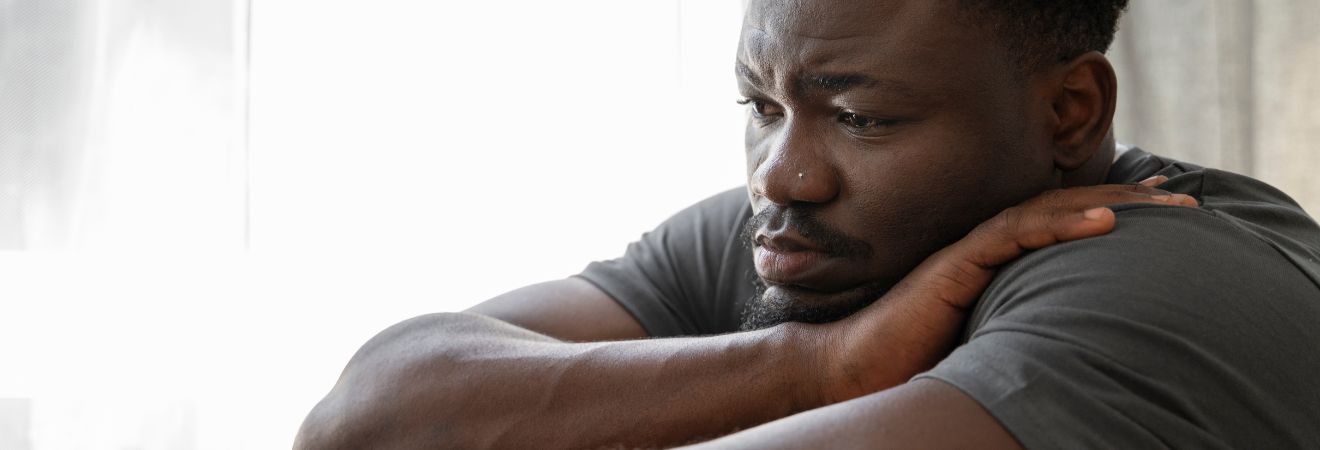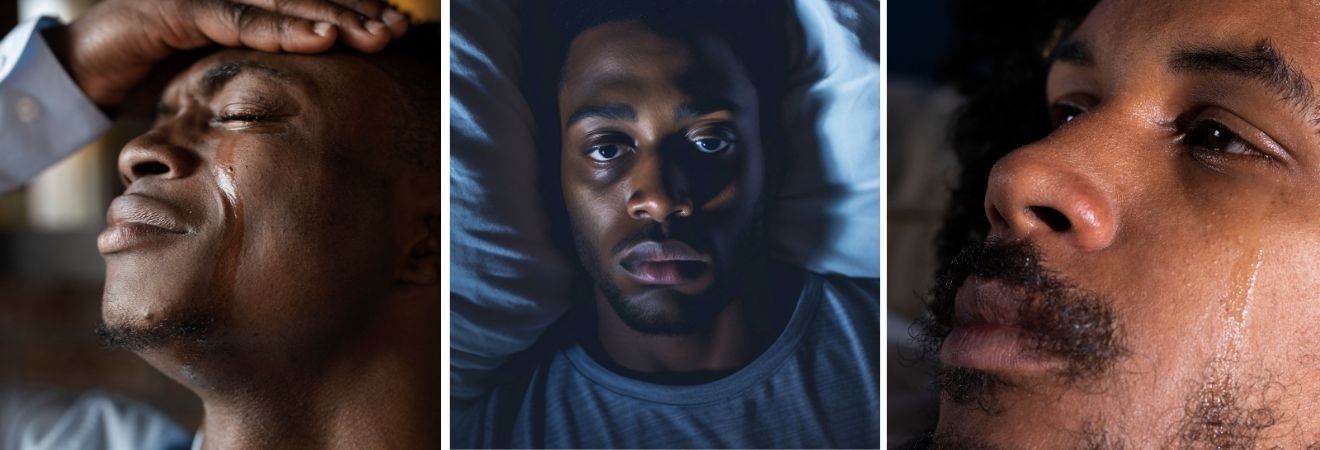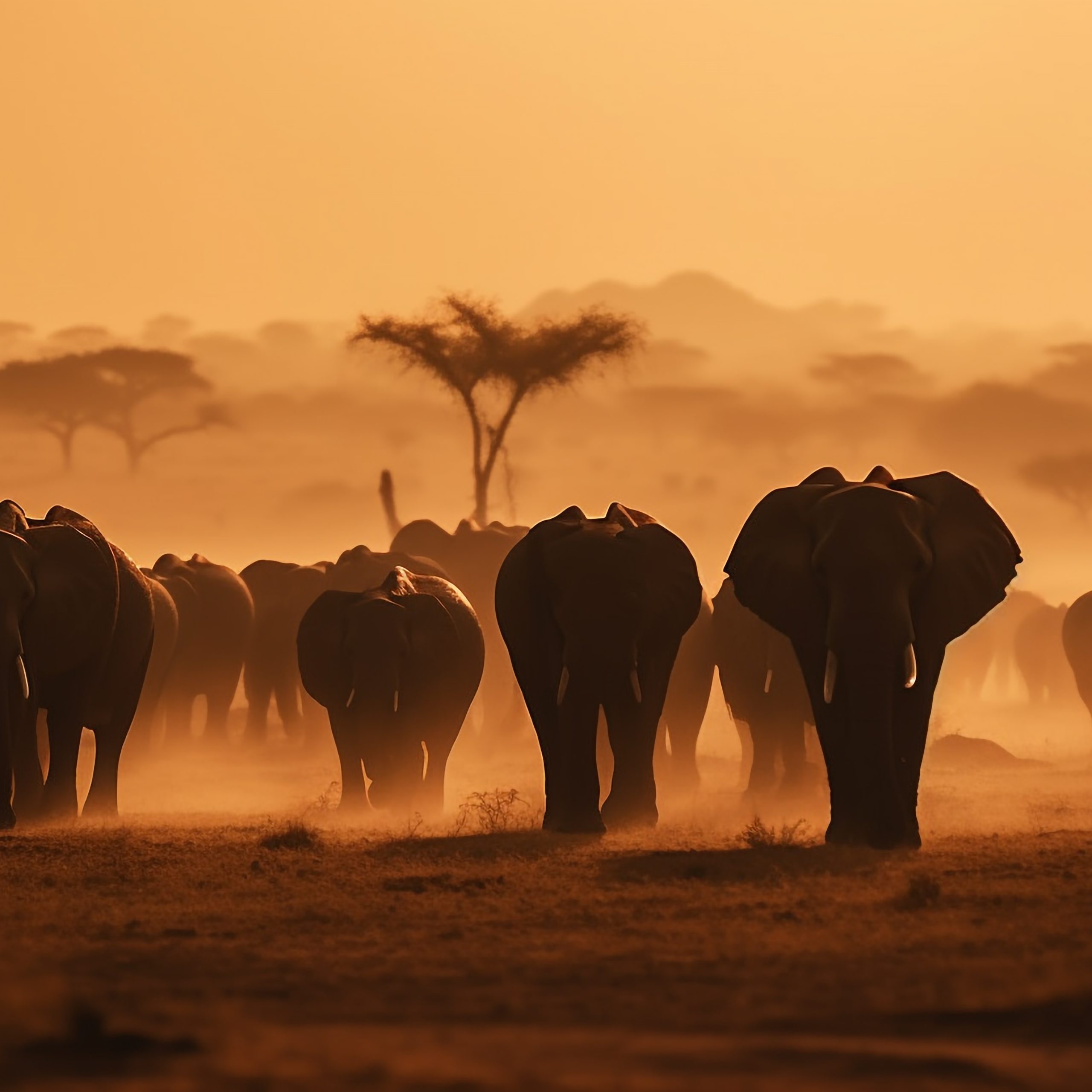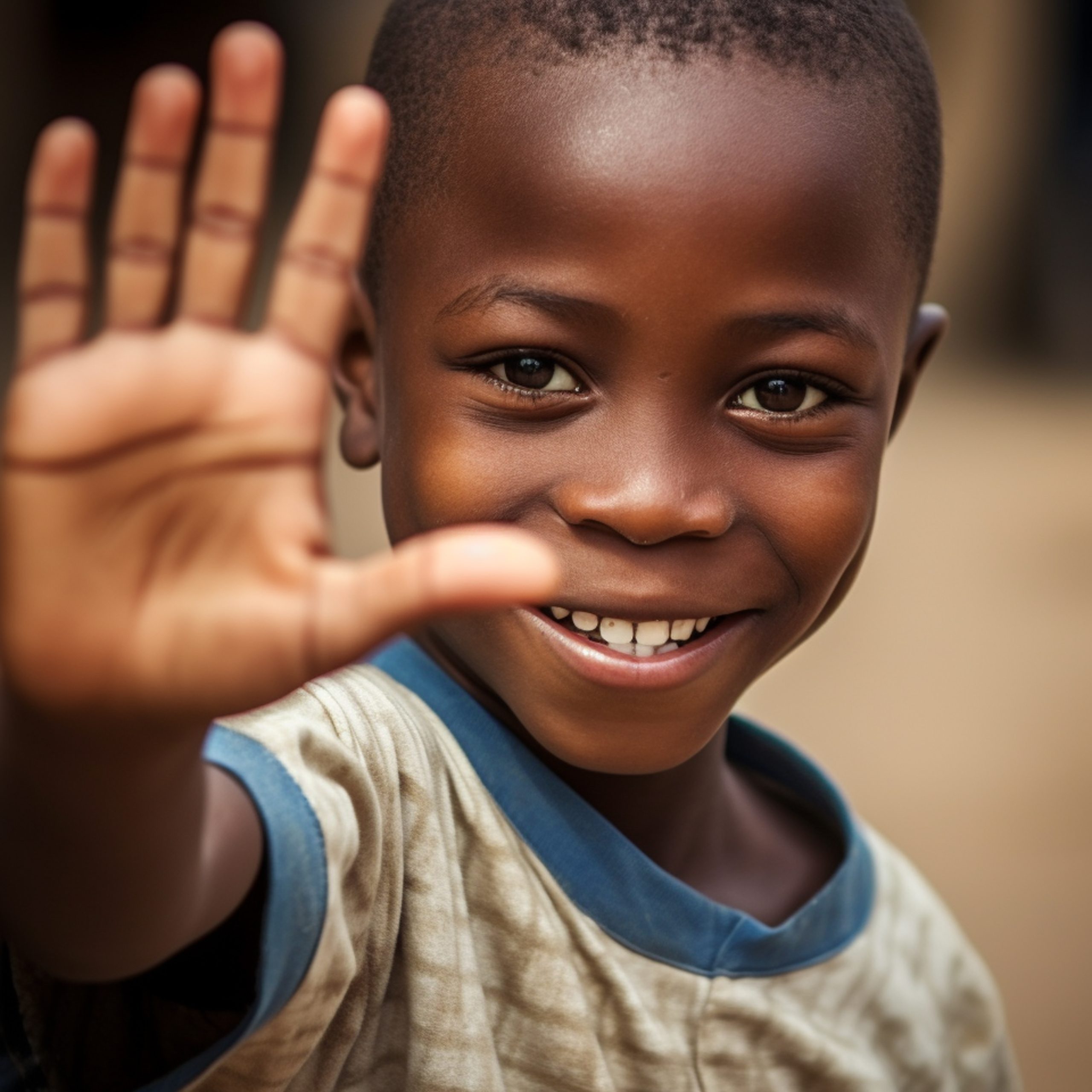BREAKING THE SILENCE FROM DARKNESS TO LIGHT: A JOURNEY THROUGH NAVIGATING DEPRESSION AND ANXIETY OF A YOUNG CONGOLESE MAN
By Reagan Baseya Mbungu updated on January 15, 2024
Depression and anxiety are growing concerns worldwide, and Africa is no exception. As a continent facing many socio-economic challenges, Africa is also confronted with mental health issues that are often overlooked or underestimated. The Democratic Republic of Congo (DRC), in particular, has experienced a tumultuous history of conflict, poverty,and political difficulties, which has had a significant impact on the mental health of its population and caused profound psychological damage, among which depression and anxiety predominate.
According to the World Health Organization (WHO), around one in four people will be affected by a psychological disorder in their lifetime. In Africa, an estimated 10% of the population is currently affected by a mental disorder, with an even higher prevalence in conflict zones, where one in five people live with mental disorders such as depression, anxiety, post-traumatic stress disorder, bipolar disorder, and schizophrenia.
Anxiety is one of the most common and widespread mental disorders and in DRC, anxiety levels are exacerbated by factors such as insecurity, violence, poverty, and limited access to mental health care. The armed conflicts that have ravaged the country have left deep scars on the psyche of the Congolese population, resulting in elevated levels of stress and anxiety.
Indeed, everyone experiences anxiety from time to time, but the symptoms are normally short-lived and inconsequential. However, when the cognitive, physical, and behavioral symptoms of anxiety are persistent and severe, and the anxiety causes distress that interferes with the ability to work or study, socialize with friends, and perform daily tasks, that demonstrates that the anxiety is no longer within normal limits.

Anxiety symptoms can manifest themselves in diverse ways: cognitively (anxious thoughts and anticipation of anxiety), physically (palpitations and shortness of breath) and behaviorally: avoidance of feared situations, avoidance of activities like those that provoke anxiety (e.g.exercise) and adoption of safety-oriented behaviors.
Depression, on the other hand, is a psychological illness characterized by a sad mood triggered by an emotional shock that is often difficult to identify. Depression can be subdivided in two other ways, according to two different and complementary points of view: a descriptive point of view which sees it as a syndrome, i.e. as a set of observable symptoms without considering the cause; and a psychoanalytical point of view which, on the contrary, defines it precisely in relation to the causes which provoke it and the unconscious mechanisms which explain it.
Depression is characterized by persistent sadness, loss of interest in usual activities, sleep and appetite disturbances, and suicidal thoughts. Anxiety, on the other hand, manifests itself as excessive worry, panic attacks and hypersensitivity to stress.
These overwhelming symptoms can appear in people of all ages, from diverse backgrounds, in different areas with similar or dissimilar mental damage, mild or seriously aggravated.
The internal dialogue of people struggling with these conditions is often marked by self-criticism and negative self-talk. This negative thought pattern not only fuels anxiety and depression, but also contributes to a cycle of self-sabotage.
Yet, despite the challenges we may face, mental health problems in Africa, including the DRC, remain largely ignored or stigmatized. It is crucial to raise awareness of these issues and promote access to quality mental health care, because as formidable as anxiety can be, depression can be even more devastating.
Unveiling the Shadows: Exploring the Mental Health Struggles
As human beings, we are faced with various aspects of culture and life, and we do not encounter the same situations on a personal level. It took me some time to understand the various symptoms that characterize these disorders. Indeed, living in a country where the subject is taboo and where most of the population could not explicitly explain their mental state due to the social stigma around mental health, which limits the expression of emotions and seeking help, it is difficult to comprehend the distress that can disturb humans. . It is an “invisible” illness that instills fear and that our loved ones struggle to grasp. You might feel, when you are sad, irritable, or stressed, that you too are developing mental health problems. But these emotions are normal and usually pass with time. However, sometimes these emotions persist and intensify. Some thoughts (worries) or behaviors (consumption) can also take up a significant part of your life.

From my perception, armed with a better understanding of the subject, my early experiences with anxiety date back to when I was 10-11 years old. Growing up as an overweight, timid, and belonging to a reclusive Jehovah’s Witness upbringing, which is often likened to a cultic experience by the ignorant, these elements hindered my socialization. To start with, I was outgoing, extremely cheerful, filled with joy, productive, sociable, and positive. I loved expressing myself in public, especially in a religious environment like mine, where young people would deliver speeches on a podium. However, when all eyes were on me and I felt judgment, the recurring question of my gender, and people talking about my voice and weight, constantly urging me to ‘walk like a man’ at 10 years old, I began to feel less loved and appreciated, making me feel unsupported. I started experiencing cramps, developed an intense fear of the podium that once represented a passion for me, withdrew from youth programs, and began to withdraw from social situations. The transition to secondary school was challenging. I found a support system among wonderful people, but for a child marked by judgment, comparison became my primary struggle. Every gaze upon me was torture, every snicker a mockery, even though it was not always the case. This was my journey for six years, without discernment and without understanding the distress that would become my daily life. Six years of seclusion despite being surrounded by fantastic friends, but feeling eternally alone, a mind troubled by horrible thoughts, the feeling of never being enough, working harder to excel and shine intellectually, yet never feeling any satisfaction. All these elements combined give you a clear idea of mental health, but as an ignorant youth surrounded by children and adults uninformed about the subject, my distress was perceived as laziness and a jumble of emotions for a misunderstood youth. And honestly, I believed this for most of my childhood, adolescence, and transition to adulthood.
When you carry a heavy burden for so long, there comes a moment when you snap, and I did snap due to various issues such as betrayals, financial problems, leading me into a dark period, arguably the worst in my 25 years of life. I was caught up by over 15 years of maintaining an appearance and a strong image to fit the stereotype of the strong, unemotional, invulnerable black man instilled in me from an early age. This manifested as intense, profound sadness accompanied by inexplicable tears, becoming emotionally fragile, experiencing immobilizing panic for hours, lying on the ground with no desire to get up, wishing for death, and most importantly, inner peace. There was an increased loss of interest, self-sabotage, no desire for social interaction, withdrawing from loved ones, abandoning activities, refusing to work, constant fatigue leading to a slowdown in life, sleep disturbances, harsh self-judgment, constantly feeling like a failure. But the breaking point was embracing one’s distress, finding pleasure in feeling bad, indulging in every scenario of a better life without making the effort to materialize it, settling for ‘I could have,’ feeding your soul daily.
But for a young person with so many ailments, how do you get back on your feet and have a balanced life?
Resilience Beyond Borders: Overcoming Depression and Anxiety as a Young Black Congolese
I am fortunate to have friends who are there to help me when I am in despair. Having lived in open-minded, modern societies in other countries they have more knowledge and acceptance of various conditions that affect mental health. It helps to have open conversations with people who are also struggling with mental issues. For they have a better understanding of the emotional baggage and trauma that affects their mental wellbeing. They understand the despair that affects a struggling fellow human.

Whenever I withdraw from everyone for more than six months, my friends reach out to me with concern. When I started opening up, they gave me a better understanding of what I was going through. After a whole month of doing research on mental health, depression, anxiety, and a helpful connection with a friend who was a psychology student, I was feeling less alone and distressed. But unfortunately, not everyone has the chance of having a circle of well-educated friends that can take them out of the darkness and that support is not there for the people in remote areas. Even as I am writing this text, I know that it will never reach them, so that they know that they are not alone, and that their internal battle with being misunderstood is only the manifestation of a suffering that has gone on too long.
I managed to get back on track, but I almost sabotaged my chances due to self-imposed limitations and insecurities, leading to dark thoughts about my abilities. Despite now being well-informed about mental health, I cannot help but wonder about the countless others facing similar struggles in a country with a high prevalence of mental health disorders.
What about the millions who are misunderstood and lack proper education about mental health? Exposed to trauma from armed conflicts, violence, and hindered by socio-economic and cultural barriers that impede access to mental healthcare, particularly for men in my country. There is a high prevalence of risky behaviors such as excessive alcohol or drug use among men with depression and anxiety, compounded by a lack of mental health awareness tailored to men in my country.
The impact of gender-based violence, including domestic and sexual abuse, on women’s mental health is profound. There is a scarcity of specialized mental health resources and services, a shortage of trained healthcare professionals to diagnose and treat depression and anxiety, as well as geographic and financial obstacles that limit access to mental healthcare in remote rural areas.
By identifying negative thinking patterns and developing healthier coping strategies, individuals can gradually break free from the grip of self-sabotage.
Moreover, creating a dedicated support network is vital in combating self-sabotage within the context of anxiety and depression. Encouraging open conversations about mental health and fostering a sense of understanding and empathy can provide individuals with the validation and reassurance they need to confront their self-sabotaging tendencies.
Furthermore, the government should invest in establishing accessible mental health services for all. This includes training mental health professionals such as psychiatrists and psychologists, as well as establishing mental health centers in various regions of the country. These centers should provide screening, diagnosis, treatment, and follow-up services for individuals suffering from depression and anxiety. It is especially important that these professionals are well trained and non-judgmental when dealing with the individuals who come to seek help. It is essential that they feel secure, that their confidentiality will not be compromised and that they are in a nurturing environment for their personal healing.
“By acting proactively, we can hope to build a society that values mental health and offers a brighter future for all”.



